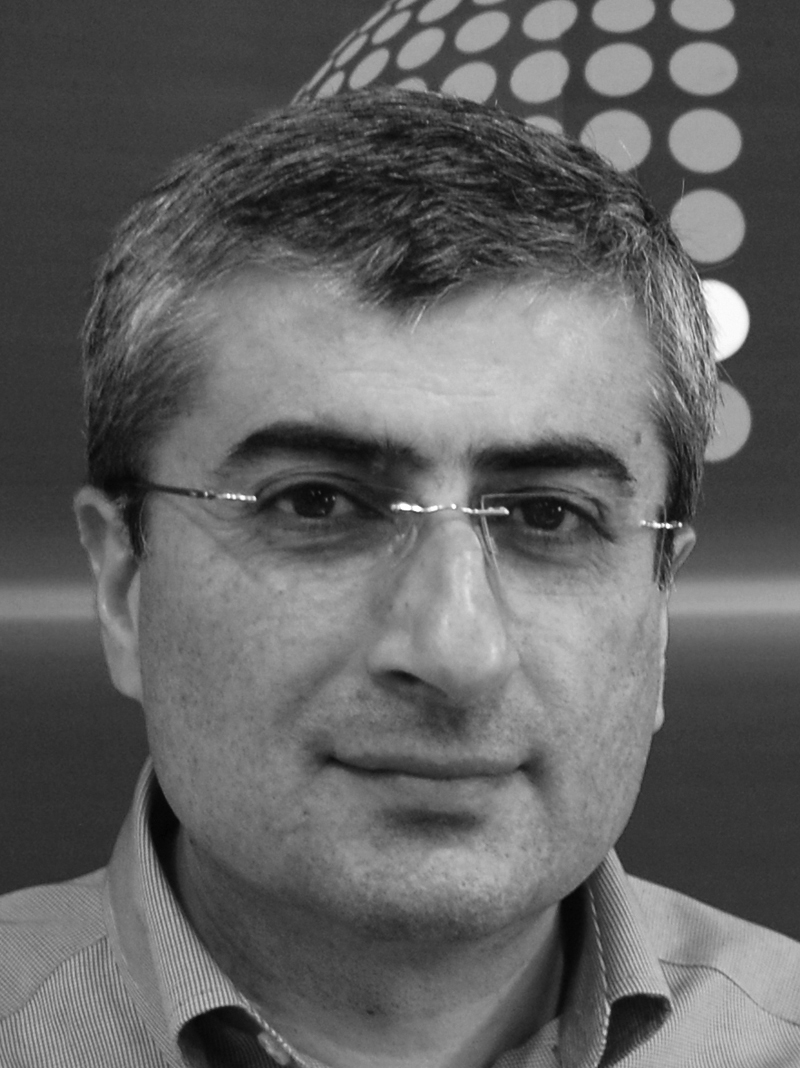Interviewer: H. Hüseyin Kemal
This week we interviewed SETA Director for Law and Human Rights Yılmaz Ensaroğlu and discussed the remnants of the 12 September regime, its effects on the legal system and the new constitution-making process.
Why has Turkey failed to get rid of the September 12th Constitution? Who is not ready? Society or political life?
One shouldn’t consider September 12th only the date of an ordinary coup d’état when the army seized control. Rather, September 12th is a process during which both the state and also the society were redesigned. On the date itself, the value judgment of the state and society was changed and the regime was rebuilt, gaining a more authoritarian identity. Not only the constitution but also hundreds of laws concerning the entire society were redrafted. We have a “September 12th law” which has been in effect for the last three decades. It was prepared and voted on through anti-democratic means. It has oppressive-authoritarian content, and therefore its legitimacy has sparked debate since it was first enacted. We call it the “September 12th Constitution.” In fact this constitution wasn’t drafted or voted on the 12th of September. We haven’t been able to get rid of this constitution for three decades because September 12th suppressed the entire society, notably political life, and turned us into a society of fear. Although we have amended it 21 times we failed to correct it. Even if we amend it 21 times more, it will not be possible to create a social contract out of this constitution that will guarantee freedom for all. This is because it carries the traces of torture, death sentences and the tyranny of the September 12th era. We are all responsible for not changing this law to date. We are all to blame for not confronting this period and for not calling people to account for its cruelties. No one has the right to put the blame on no one.
Some believe that drafting a democratic constitution is pointless if the same mindset remains. Do you agree?
Of course the constitution and laws are not everything. Practice of the law is as significant as the legislation. We know that even good laws may turn out bad in practice. Nevertheless, one must remember that a democratic constitution is only possible if we change our mindset. This is because what’s meant by a democratic constitution is a constitution to which people from every walk of life contributed, a constitution which guarantees the rights and freedoms of each and every one of us, a constitution which guarantees the rule of law and one which is adopted as a social contract by the society. A constitution prepared through the participation and consensus of the majority of society will change the mindset of those opposing the constitution. Good legislation will have an influence on mindsets just like good legal regulation is based on a righteous and fair mindset. The ban on smoking is a typical example of this. After the smoking ban passed, the society adopted the ban in a short period of time. In societies like ours which have gone through a sudden and unexpected modernization process and which consecrate the state, the constitution and laws have a transformative influence on the society.
Why does the Constitution Reconciliation Commission fail to reach a consensus on certain issues? We say that we live in a democratic country but we even fail to agree on fundamental human rights issues. Why?
It is quite normal to have divergent ideas or disagreement on certain issues in a democratic society. However, if there isn’t any consensus even on the issues concerning fundamental human rights, then there is a problem. This is because there are three fundamental criteria for a political model to be called democratic: 1) general and equal votes, 2) free and fair elections, and 3) constitutional guarantee of fundamental rights and freedoms. To put it another way, democracy is a political system w


